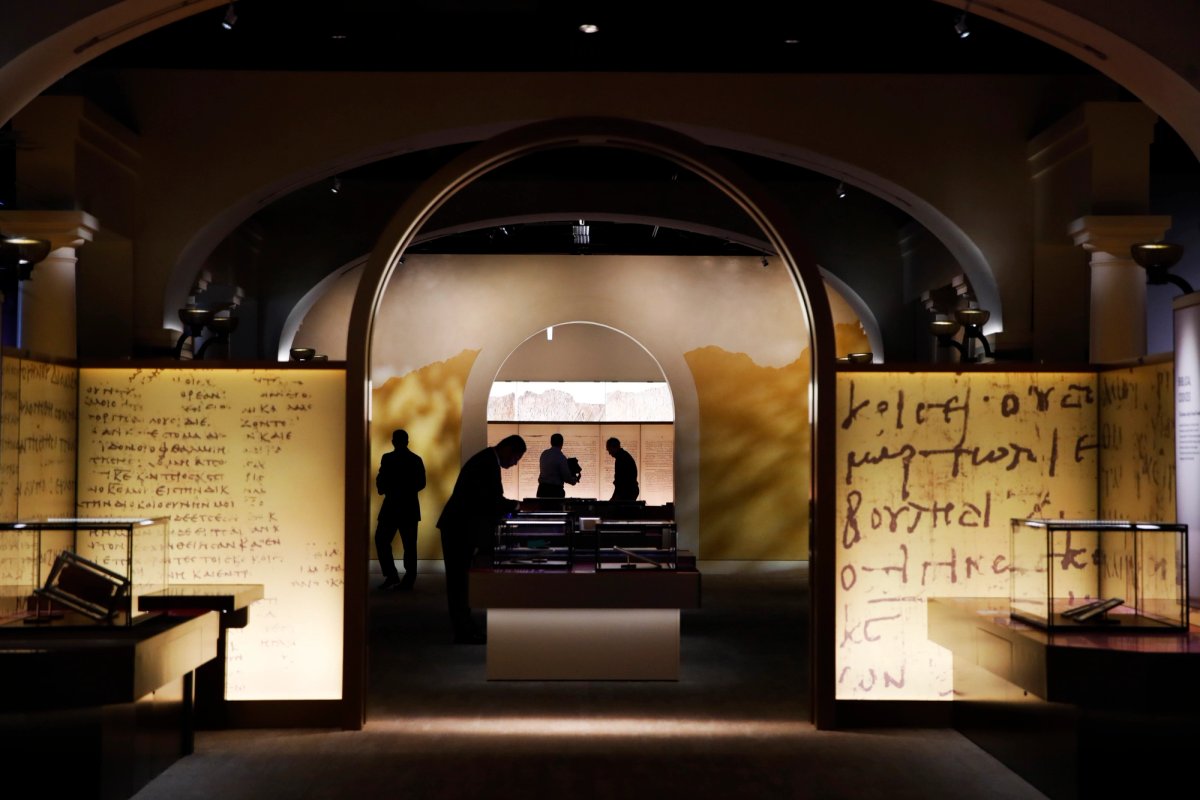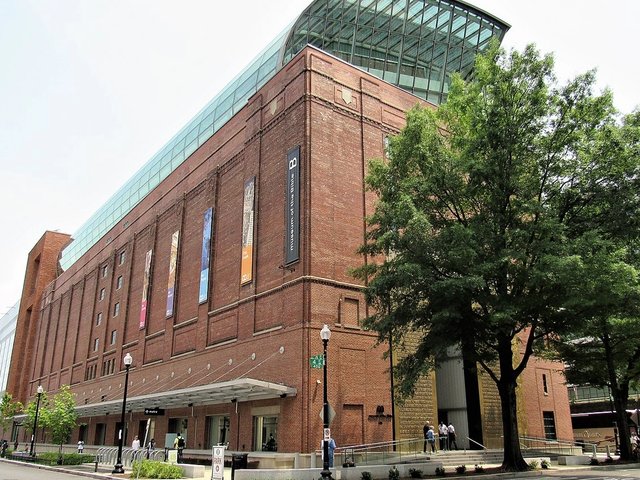The Museum of the Bible has been implicated in a seven-year inquiry by the Egypt Exploration Society (EES), a nonprofit that manages Oxford University’s Oxyrhynchus Papyri Project, to track down at least 11 ancient Bible fragments that were stolen from its collection. The alleged culprit? Professor Dirk Obbink, a renowned Oxford classicist and MacArthur “genius award” grantee who headed the Papyri Project from 1998 until 2016, when concerns about his involvement with the black market were raised.
Most of the Oxford texts have since been discovered in the Museum of the Bible’s collection — including an ancient fragment from the Gospel of Mark, according to the Daily Beast. EES researchers partnered with the Bible museum on the investigation, and the Oxford-affiliated group says the objects “were taken without authorisation from the EES … Eleven of these pieces came into [Museum of the Bible’s] care after being sold to Hobby Lobby Stores by Professor [Dirk] Obbink, most of them in two batches in 2010”.
The Museum of the Bible says only four of the 13 artefacts were the property of the museum while the remainder belonged to Hobby Lobby’s Green Collection, amassed by the arts-and-crafts company’s president, Steven Green. Earlier this week, the Bible museum said that it would return the fragments to the Egypt Exploration Society. The artefacts were excavated toward the end of the 19th century from ancient trash piles near the ancient site Oxyrhynchus (modern Al-Bahnasa) in Egypt.
On Monday, the Papyri Project released findings from its three-month probe into Obbink, who has not responded to press inquiries about the recent findings. (Last year, he told the Daily Beast that any stories about him trying to sell a fragment from the Gospel of Mark to the Green family were “not true”.)
There may in fact be other artefacts from the Oxford collection floating around. On Monday, EES announced that it “is also pursuing identification and recovery of other texts, or parts of texts, which have or may have been illicitly removed from its collection”.
The missing Bible fragments may include passages from Genesis, Psalms, and an ancient copy of the Ten Commandments, which Obbink is also accused of taking, along with photographs and catalogue cards.
In a statement to the Washington Post on Tuesday, a museum spokeswoman said the Bible fragments that belong to the Egypt Exploration Society came to the museum before it adopted a more robust set of policies for assessing the provenance of artefacts in 2016.
“Former employees who have not been associated with the museum since 2012 made the decision” to accept the 13 Bible fragments, she said. “Since then, Museum of the Bible curators and registrars began rigorously reviewing all acquisitions and researching documentation and dealers, with special attention on antiquities, items that may originate in modern conflict zones, and agents who are now known to [have] sold items of questionable origin or authenticity.”
The Museum of the Bible has had trouble steering clear of controversy ever since opening its doors in 2017. That year, federal investigators announced that Hobby Lobby, the arts-and-crafts company behind the nonprofit, had illegally purchased thousands of ancient cuneiform tablets and clay bullae stolen from Iraqi archaeological sites. And in 2018, researchers determined that five of the museum’s sixteen prized Dead Sea Scrolls fragments were forgeries.



